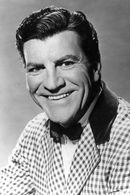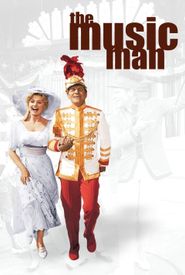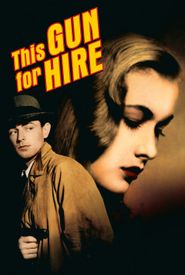Robert Preston, a leading man of immense charisma, was born to a agarment worker and a record store clerk in Los Angeles. As a trained musician, he played multiple instruments and developed a passion for theatre in high school. He joined the Pasadena Community Playhouse, where he took classes and appeared in numerous productions alongside soon-to-be-renowned actors such as Dana Andrews, George Reeves, Victor Mature, and Don DeFore.
Even among the esteemed company of Playhouse veterans like Victor Jory and Samuel S. Hinds, young Preston Meservey, or "Pres" as he was affectionately known to his intimates, was an acknowledged star in the making. His talent did not go unnoticed, as a Paramount scout discovered him during a play and signed him to a contract, which renamed him Robert Preston.
After several roles in unremarkable films, Preston became a favorite of director Cecil B. DeMille, who cast him in several films, although Preston publicly expressed his dislike for DeMille. In 1946, Preston married Kay Feltus, whom he had met in Pasadena, after serving in England with the Army Air Corps.
Preston struggled through numerous unfulfilling roles in the 1940s, before relocating to New York and focusing on theatre. He played numerous roles on Broadway, and in 1957, he landed the part that would cement his place in entertainment history: Professor Harold Hill in the musical "The Music Man". He won a Tony Award for the role and reprised it in the film adaptation in 1962.
Now a star of the first magnitude, Preston alternated between stage and film, winning another Tony for "I Do, I Do" and appearing to great effect in films such as "The Dark at the Top of the Stairs" (1960),"All the Way Home" (1963),and "Junior Bonner" (1972). He received an Oscar nomination for his outstanding portrayal of a witty, gay entertainer in "Victor/Victoria" (1982).
Preston's remarkable career, which spanned from modest supporting leads to national treasure, was marked by his immense talent, versatility, and enduring charm. He passed away in 1987 from lung cancer, leaving behind a legacy that continues to inspire and entertain audiences to this day.






































































